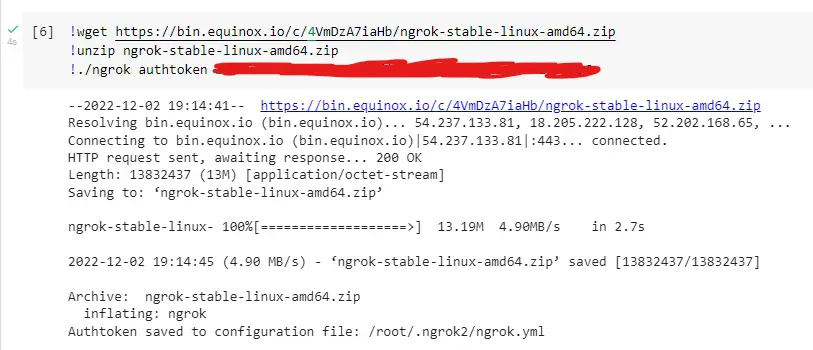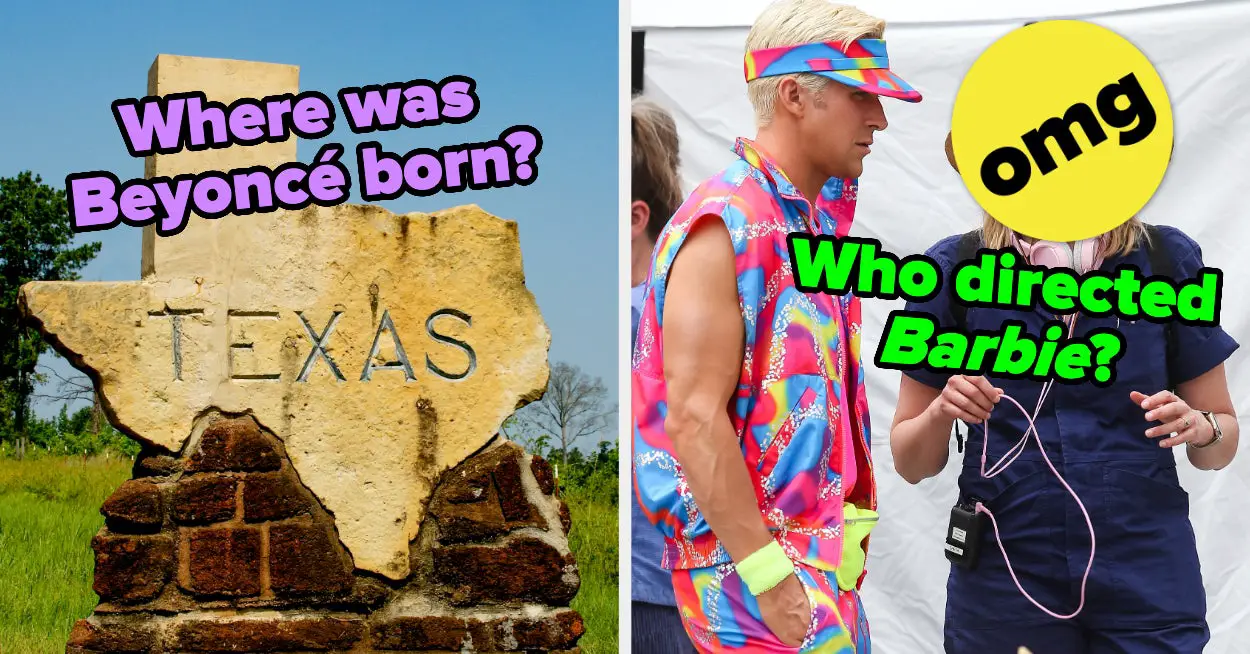from the nice-website-you-have-there… dept
Policing copyright infringement is hard. Hard for those operating websites that allow for the public to input content and hard for the rightsholders that far too often use automated systems that suck out loud at determining what is actually infringing and what isn’t. This is a lesson currently being learned by the European Union, as its website is being bombarded with DMCA notices that are getting parts of the site’s search results delisted.
The European Union recognizes that online piracy poses a serious threat to copyright holders and the public at large. In recent years, Europe has updated legislation to deal with modern piracy threats. This includes a requirement for large platforms to deter repeat copyright infringers.
Copyright holders have sent hundreds of DMCA notices flagging alleged copyright infringements on Europa.eu, the official website of the European Commission. The EU seems unable to deal with a recurring piracy spam problem on its own portal, up to the point that Google has begun removing Europa.eu search results.
I actually reversed the order of those paragraphs from the TorrentFreak post I’m quoting. Why? Because it highlights a problem that not nearly enough people recognize: regulations putting the burden of policing copyright infringement on otherwise innocent websites is a recipe for absolute disaster, as the EU is now learning with respect to its own website.
So what’s actually happening here? Is the EU website actually serving as a repository for infringing material? Nope!
Over the past few months, we have documented how scammers are exploiting weaknesses in various Europa.eu portals including, most recently, the European School Education Platform. These scams exploit public upload tools to share .pdf files, which in turn advertise pirated versions of the latest blockbusters. People who fall for these scams are in for a huge disappointment. Instead of gaining access to pirated movies, they are redirected to shady sites that often promise ‘free’ content in exchange for the visitor’s credit card details.
Meaning that in these cases the EU site isn’t hosting any actual infringing material, but is instead getting inundated with documents advertising links to other, supposedly/likely infringing websites. The webmaster for the site has said they’re aware of the problem and are trying to solve it, but the only real solution is almost certainly to shut down the kind of document submissions that is allowing for this to occur in the first place.
The lack of actually infringing material isn’t keeping the DMCA notices at bay however.
In several instances, the European Commission isn’t able to spot the problematic uploads. For example, a .pdf advertising a pirated copy of the film “The Last Manhunt” remains online today, more than two weeks after it first appeared. Following a DMCA notice, Google decided to remove the link from its search results.
In other cases, the Commission spots the scammy ads and removes them. When that happens, Google typically takes no action. According to Google’s records, the company has removed roughly two dozen Europa.eu URLs from its search results thus far.
Turns out this is all very hard to police. Something the EU should keep in mind when crafting its new piracy policies requiring more of the websites within its jurisdiction.
Filed Under: copyright, dmca, dmca abuse, eu, european commission, links, piracy
Source link










Leave a Reply